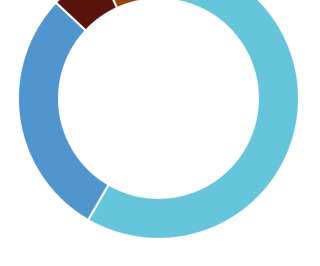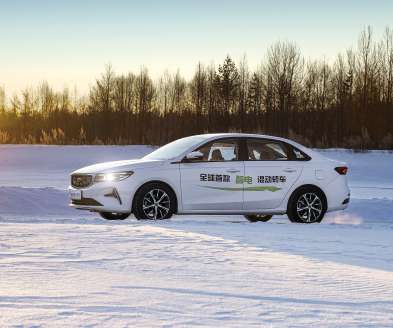EEA reports sharp decrease in CO2 emissions of new cars in Europe in 2020
Green Car Congress
JUNE 30, 2021
The European Environment Agency (EEA) has published its provisional data about the CO 2 emissions of newly registered passenger cars and vans in Europe in 2020. For cars, the data show a 12% decrease in average cO 2 emissions, compared with 2019. Average van emissions decreased slightly, by about 1.5 %. This was 14.5












Let's personalize your content